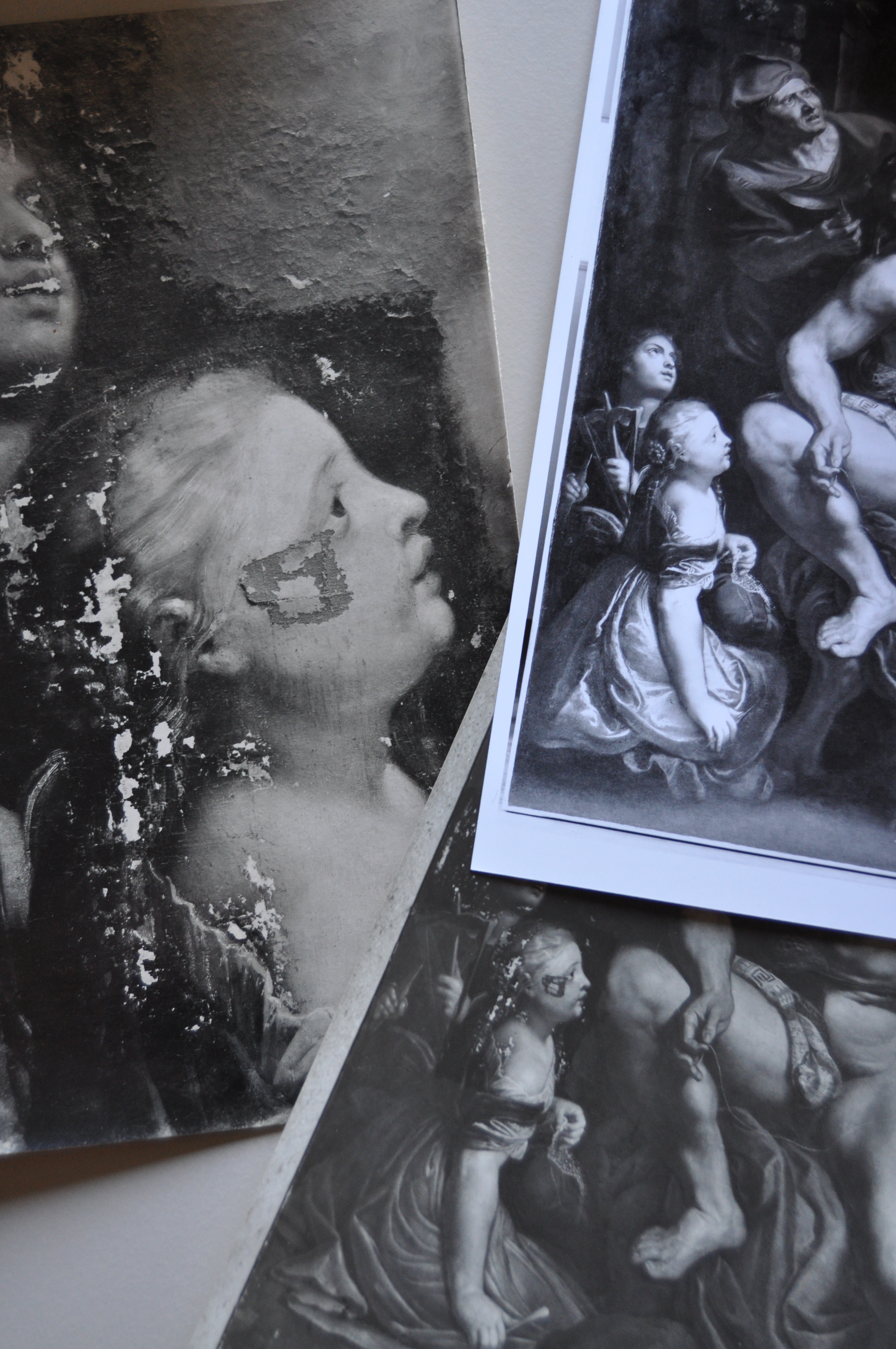Reviewing pictures from the past
Lieneke Nijkamp and Bert Watteeuw

Better insight into the conservation of such fragile visual material would not only prevent further deterioration but also safeguard potential crucial information. Supports and conveyors of information, such as glass negatives, can be considered historical objects in their own right and deserve better conservation.
Today we present a scarcely known part of our photographic resources to bring to light their very existence as well as their value for art historical research.
Points of discussion are:
– Would digitizing provide the solution to the problem of conserving the material while also disclosing it to the public?
– As a center for documentation, the Rubenianum would like to discuss the needs of museum curators: what are their demands concerning photo archives?
– How do museums deal with their own image libraries?
About Lieneke Nijkamp and Bert Watteeuw
Lieneke Nijkamp was recently appointed a research assistant at the Rubenianum in Antwerp and works in the Documentation Library. She previously worked at the Netherlands Institute for Art History (RKD) in The Hague.
Bert Watteeuw was recently appointed a research assistant at the Rubenianum in Antwerp and works in the Documentation Library. He previously worked at the Katholieke Universiteit Leuven on a PhD fellowship of the research foundation Flanders.
Lieneke Nijkamp and Bert Watteeuw have been associate members of CODART since 2011.

